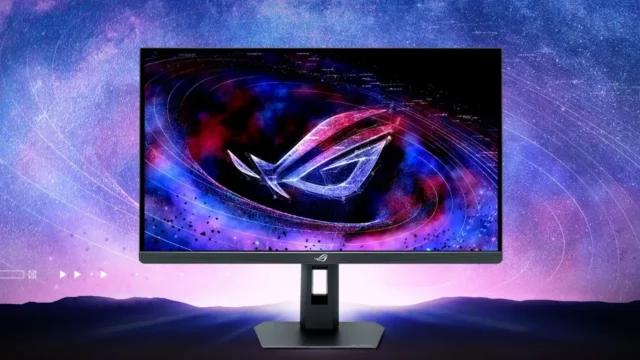Long before Animal Crossing became a worldwide hit, Nintendo bosses warned that bringing it to players outside Japan would be nearly impossible.
Animal Crossing was considered too Japanese to export

Speaking to Time Extension, former Nintendo localization manager Leslie Swann recalled how leadership viewed the project. The original N64 version, known as Animal Forest, was packed with text, cultural references, and Japan-specific items.
When Swann’s team was tasked with adapting it for a global audience, she was told more than once it would be “difficult.” She insisted they could make it work, but the skepticism ran deep.
Iwata laughed when he heard the plan
During a meeting with executives, Swann mentioned that her team had been assigned to localize Animal Forest. Then-president Satoru Iwata reportedly burst out laughing. “I don’t know how you’re going to do this,” he told her, pointing to just how steep the challenge looked.
How the team localized Animal Crossing
The work wasn’t simple. Swann and her team spent countless hours rewriting, renaming, and reworking the game’s systems to fit a Western audience. Every aspect required care:
- Renaming every character
- Creating unique catchphrases
- Adapting seasonal events to global calendars
- Reviewing and editing every furniture set
- Checking items for regional relevance
After brainstorming, the team had to submit names and ideas to Nintendo’s legal department to prepare for potential merchandising.
Animal Crossing took years to reach the West
The N64 version never left Japan. It wasn’t until the GameCube expansion that Animal Crossing finally went global, years after its debut. By then, the localization team had dedicated nearly its entire staff to the project, treating it as an all-hands-on-deck mission.
The impossible task became Nintendo’s quiet triumph
What once made Iwata laugh in disbelief eventually turned into one of Nintendo’s most beloved franchises. Animal Crossing not only survived the localization gauntlet but went on to become a cornerstone of Nintendo’s global identity, proof that the hardest bets can pay off.














